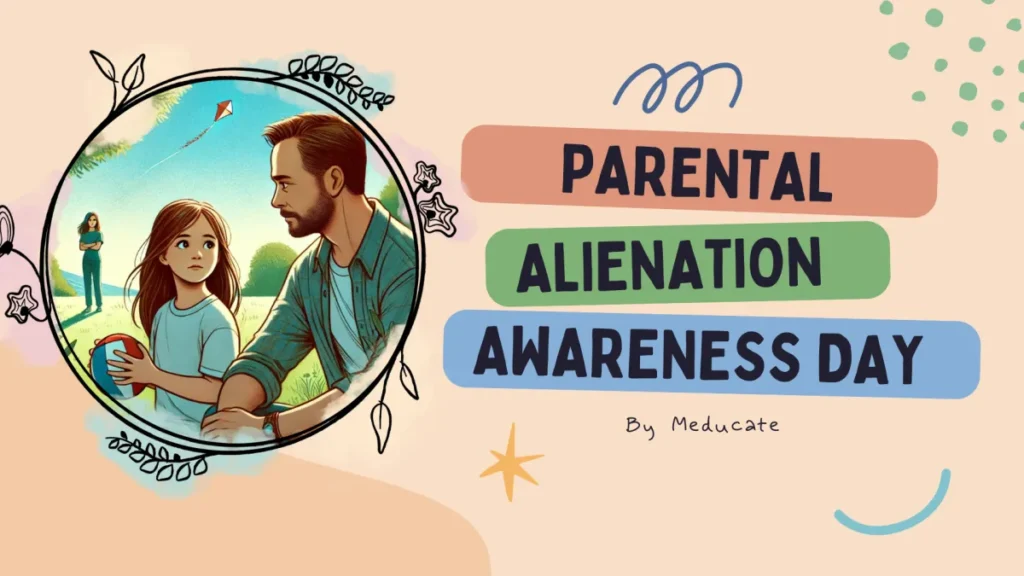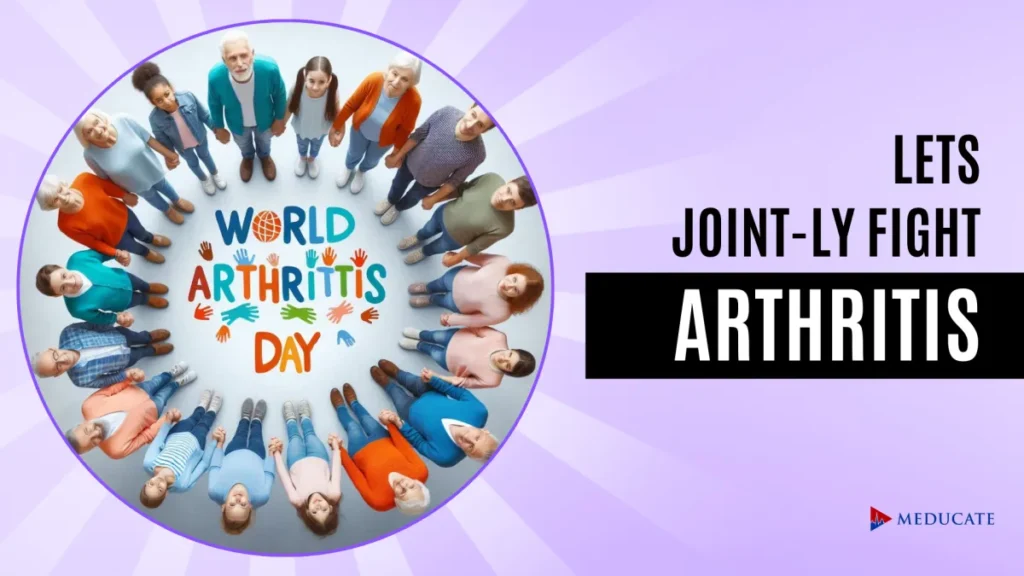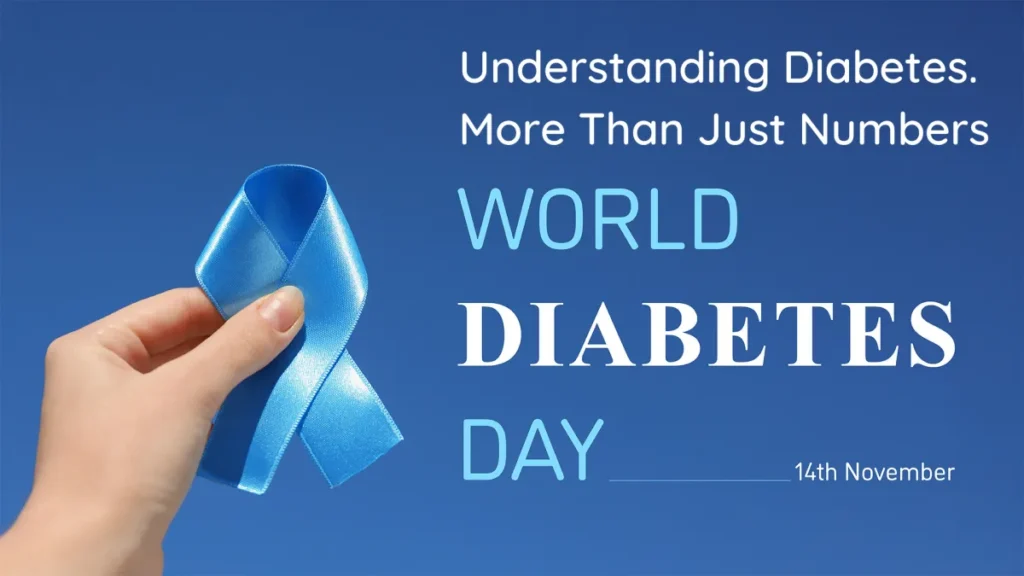World Mental Health Day
Let’s Talk About Mental Well-Being!
Why Mental Health Matters
October 10th marks World Mental Health Day—a day dedicated to raising awareness and promoting mental well-being across the globe. It’s not just another date on the calendar; it’s a powerful reminder that mental health matters just as much as physical health. This year’s theme shines a spotlight on the significance of mental well-being, encouraging us all to dive into open discussions and foster supportive environments.
Mental Health: A Shared Journey
Imagine walking into a room filled with friends, family, or colleagues. Each person carries their own unique story, complete with struggles and triumphs related to mental health. Whether it’s battling anxiety, navigating depression, or simply managing the stresses of daily life, mental health touches everyone.
Did you know that 1 in 5 Australians experience mental health issues each year? That means, statistically speaking, someone in your circle may be silently struggling. So, let’s break the silence—together!
The Power of Awareness
Awareness is the first step toward change. Here are some eye-opening statistics that highlight why we must prioritise mental health:
-
50% of mental health conditions begin by age 14. This emphasises the need for early intervention and support.
-
Suicide is a leading cause of death for Australians aged 15-44. These numbers are a clarion call for action!
By spreading awareness, we can dismantle stigma, create understanding, and build a supportive community where individuals feel safe to seek help.
How You Can Make a Difference
-
Start the Conversation
Don’t wait for someone else to bring it up. Share your own mental health journey or ask someone about theirs. Simple, heartfelt conversations can create a ripple effect of understanding and empathy. -
Educate and Empower
Knowledge is power! Equip yourself with information about common mental health conditions, their signs, and their symptoms. The more we know, the better we can support one another. Check out local resources, workshops, or online courses to deepen your understanding. -
Prioritise Self-Care
Let’s be real: taking care of your mental health isn’t selfish; it’s necessary. Engage in activities that bring you joy and relaxation, whether it’s yoga, painting, hiking, or simply enjoying a good book. Make self-care a priority—your mental health deserves it! -
Reach Out for Help
Remember, it’s okay not to be okay. If you or someone you know is struggling, seeking help is a sign of strength. Reach out to a friend, family member, or mental health professional. Support is just a conversation away.
What can you do?
This World Mental Health Day let’s take a stand for mental health! Together, we can create a culture of understanding and compassion that empowers individuals to seek help and thrive.
Let’s transform this day into a movement—one where mental health is championed, celebrated, and prioritised. After all, mental well-being is not just an individual journey; it’s a collective mission that we can all be part of.
Join the conversation, spread the word, and let’s make mental health a priority today and every day!


 Login
Login









